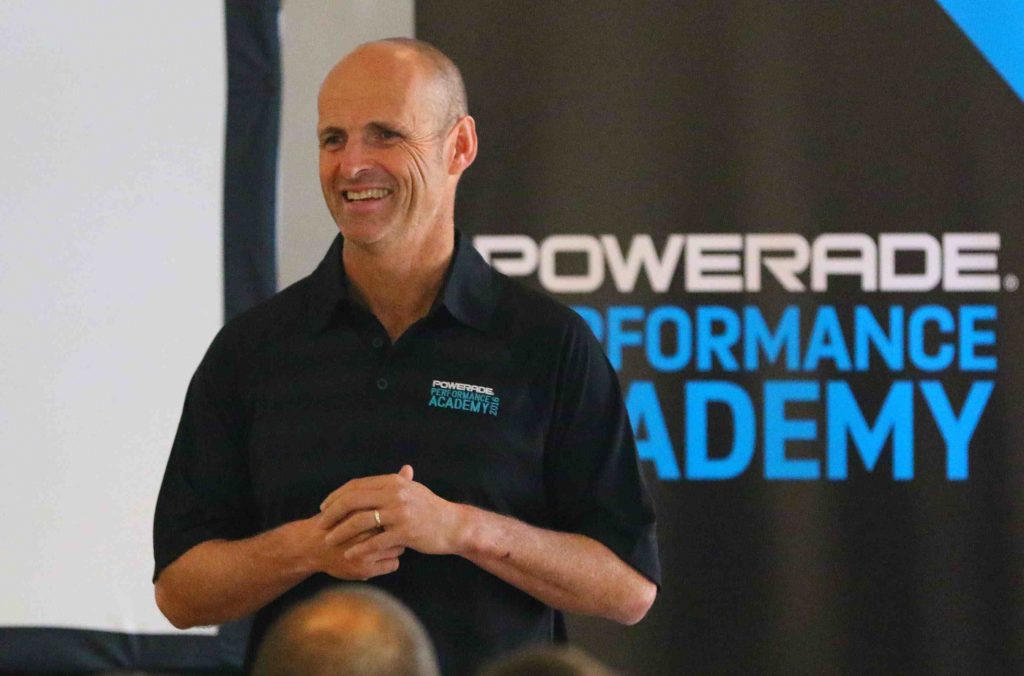Gary Kirsten says ’emotional hijacking’ is to blame for the Proteas’ struggles when it comes to major tournaments.
On Tuesday evening, Kelvin Grove in Cape Town played host to the first edition of ‘The Leading Conversation’, an interactive live debate on leadership, drawing on experiences from high-profile names in South African sport. The debate, hosted by renowned performance coach Thomas Dawson-Squibb and joined by Kirsten, sports scientist Ross Tucker and former Blitzboks captain Kyle Brown, provided the forum for an open and honest discussion about what it takes to be a successful captain of industry.
Kirsten, with Test-playing experience in 101 matches, and who coached India to World Cup success in 2011, ran the rule over the psychology behind performance and leadership. He touched on his experience throughout his playing days, and his coaching stints with both India and the Proteas.
‘As a professional player for 17 years, I played my best cricket when there was less emphasis on my performance,’ Kirsten said. ‘When I was told “today is your day, you are the best player in the team. If you don’t score runs today we’re not going to win”, that’s the worst thing you can say to me. When I was left to get on with my work, that’s when you’ll get the best out of me.’
India was his first high-profile coaching job, but by transmitting that philosophy to the team, it paid dividends.
‘India had won just four out of 22 tournament finals they’d played in over a 15-year period,’ he continued. ‘So the key was to not talk about winning. Remove that attitude, realise that we do struggle, and take the result out of the equation.’
It seems easier said than done, and so it was when he coached the Proteas between 2011 and 2013. The side were knocked out of the semi-finals at the Champions Trophy by his old employers, India.
‘When you have a trophy to your name, everyone asks you, “please tell me how you did it?”. It’s not as simple as that.
‘We tried two methods when I was coach of the Proteas. During the Champions Trophy we tried to talk it up. We wanted to be open, honest and vulnerable about the fact that we’d choked previously. Then we went the other way for another tournament – we tried to shut it off like it didn’t exist. That didn’t work either. So what’s working and what’s not working? You can’t package a recipe for success.’
For the Proteas, Kirsten believes that it all comes down to big moments clouding the players’ decision-making abilities.
‘What does it look like when the players lose sight of the process and look at the result?’ Kirsten asked hypothetically.
‘It’s the fear of consequence; emotional hijacking. You can be trained time and time again to play well in the pressure moments, but invariably you make an emotional mistake. You lose your ability to be able to think clearly about the situation. It’s the equivalent to losing your temper about something, and waking up the next day and realising that it wasn’t the right way to go about things.
The Proteas will look to win their first major trophy since their ICC Knockout Trophy success in 1998, when they head to England for the Champions Trophy in June. Keep up to speed with all the latest news, previews and interviews, as we bring you the action exclusively from the UK.
Photo: Anesh Debiky/Gallo Images







